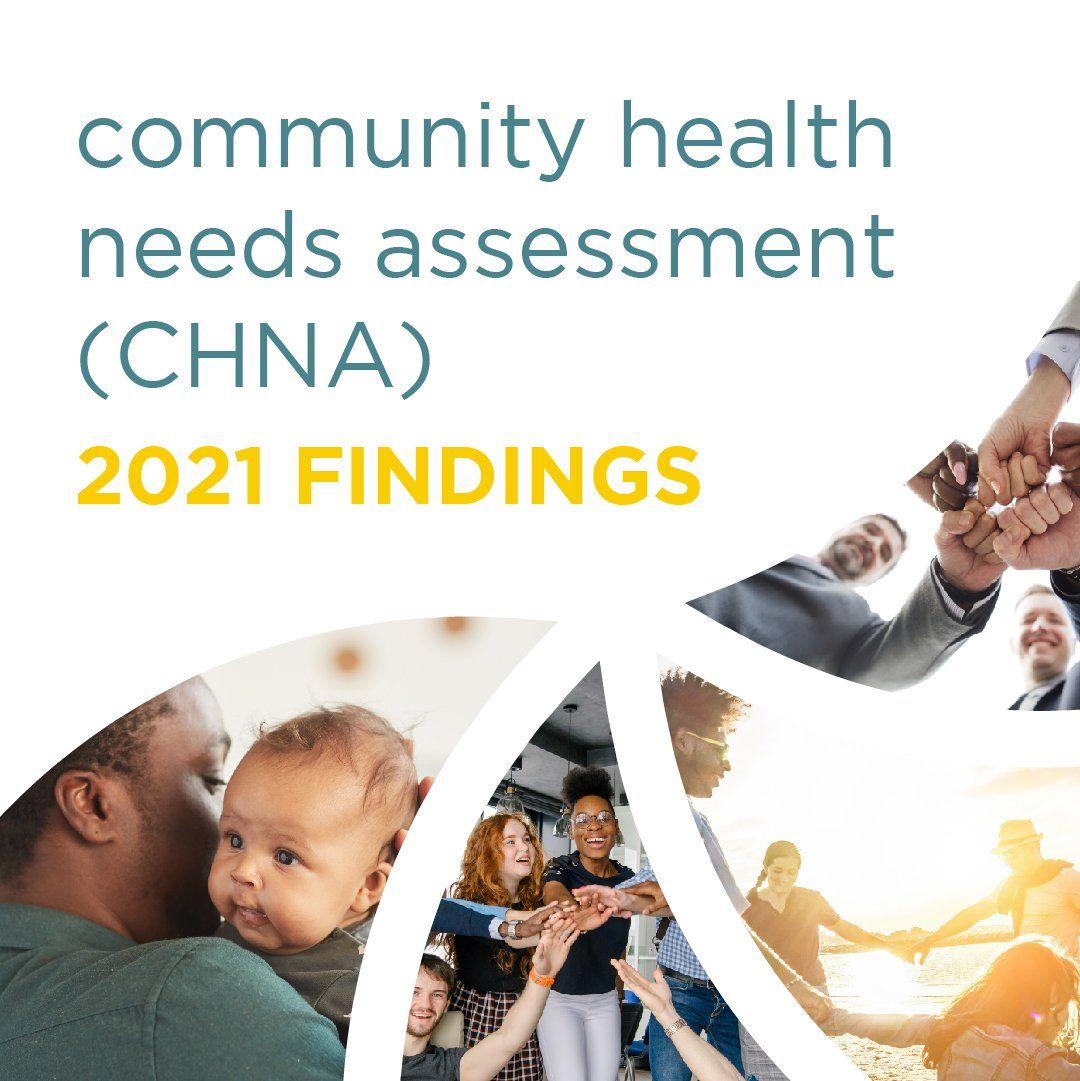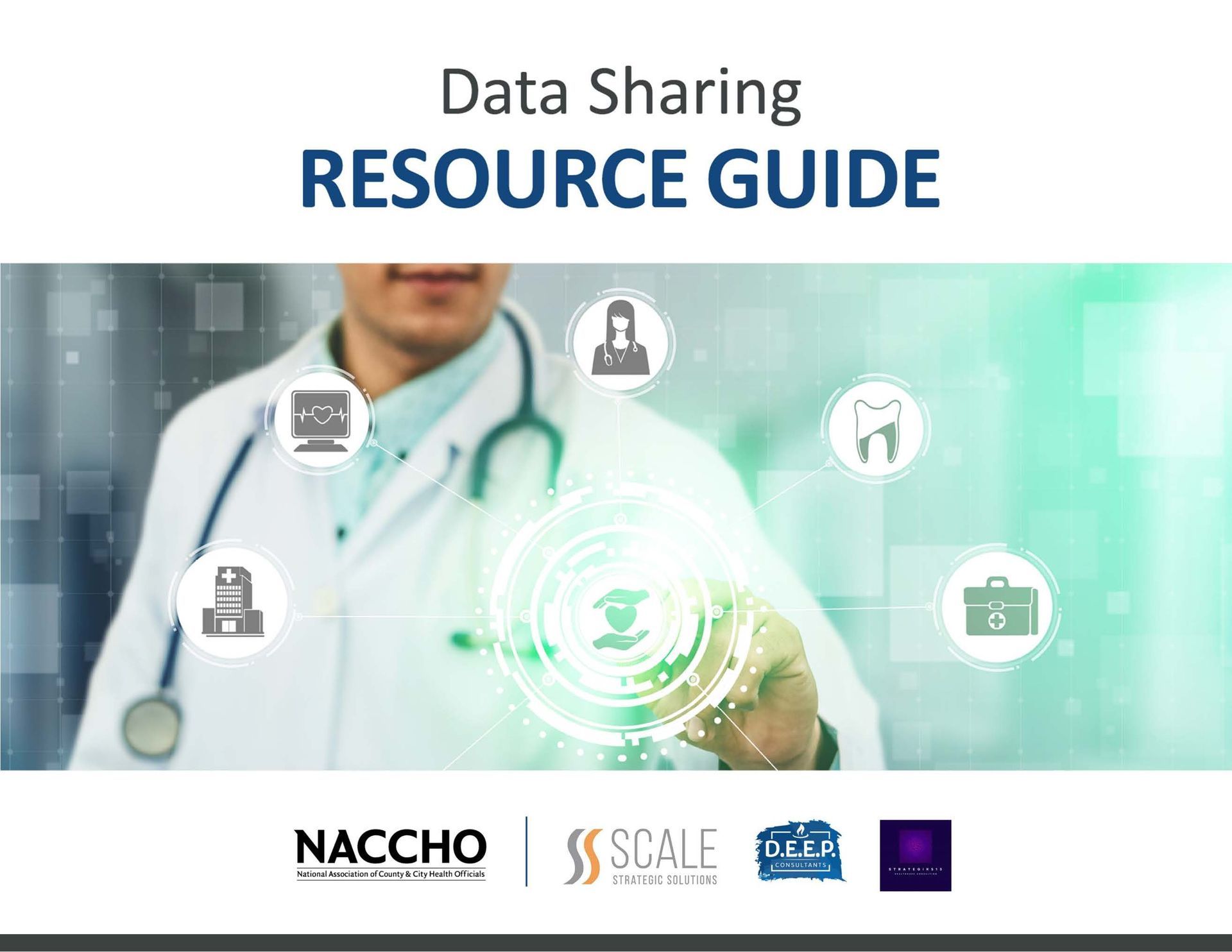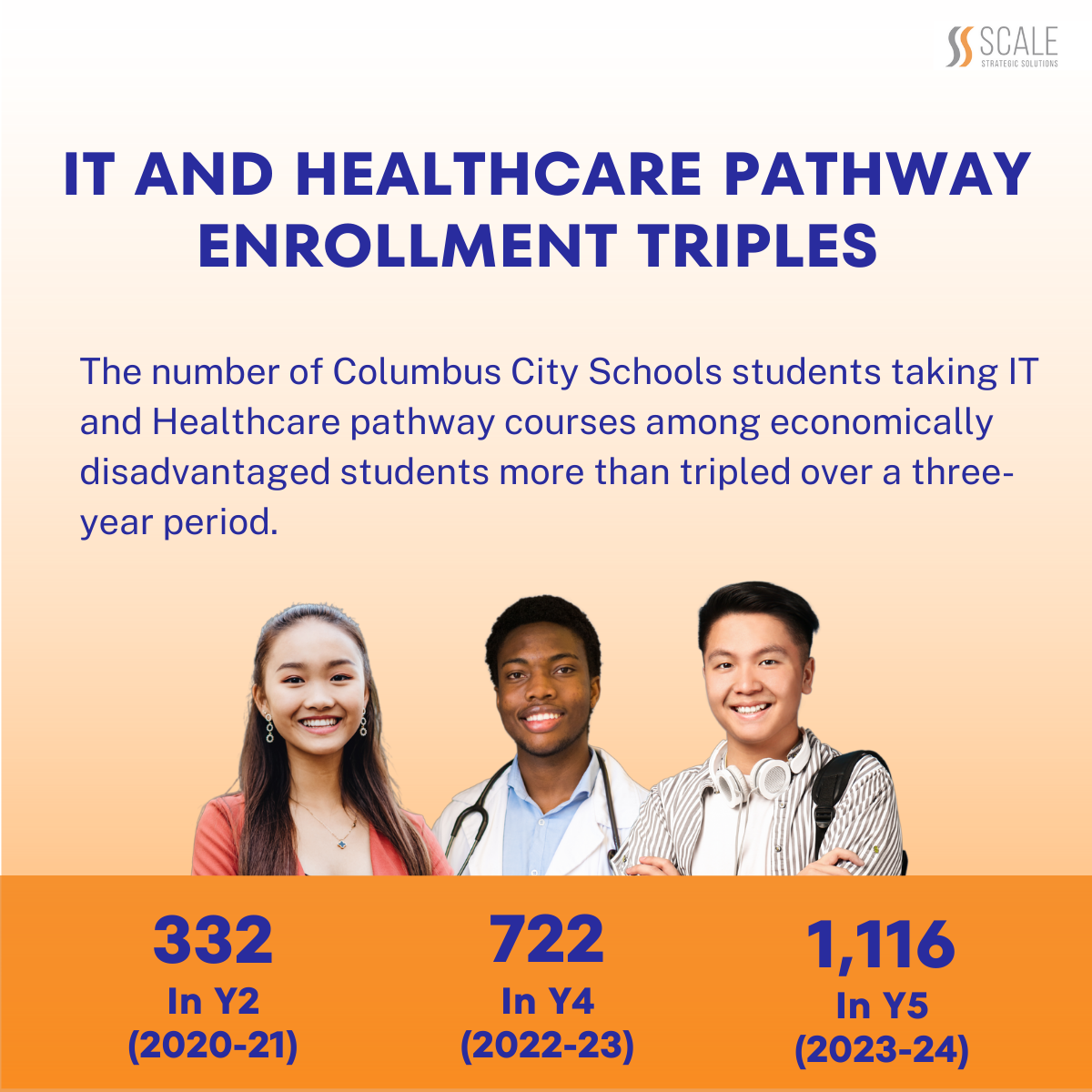Making Good Things Happen
Community Health Needs Assessment 2021 Findings

The regional Community Health Needs Assessment (CHNA) is conducted every three years to better understand the needs and opportunities to increase health outcomes in our area. The CHNA identifies the top health conditions in the community, the root causes of unmet community health needs, and the barriers to healthcare services.
The Health Collaborative in partnership with the Greater Dayton Area Hospital Association coordinated the CHNA across 26 counties, 36 hospitals, and 22 health departments in Ohio, southeast Indiana, and northern Kentucky. Measurement Resources Company led the 2021 study, and Scale Strategic Solutions served as a subcontractor to Measurement Resources Company to conduct focus groups and interviews to assist in collecting data for the CNHA.
The three most prevalent health conditions in the region, according to the findings were:
· Cardiovascular related conditions, such as hypertension
· Mental Health related conditions, such as depression and anxiety
· Arthritis/Osteoporosis
The three most untreated health conditions were found to include:
· Vision
· Dental
· Allergy
The health conditions that were most impacted by Social Determinants of Health (SDOH) include the following:
· Cardiovascular conditions
· Mental Health
· Vision
· Lung/ Respiratory Health
· Diabetes
SDOH factors that most impacted health in the region include:
· Economic Stability (e.g., housing, food security, financial ability to pay bills)
· Neighborhood and Built Environment (e.g., access to transportation, parks, outdoor activities, stable phone, and internet services)
· Education Access and Quality (perception of schools, availability of childcare)
· Social and Community Connectedness (Having someone to talk to and feeling connected to the community)
· Healthcare Access and Quality (Perception of quality of health care available, cultural relevancy of health care, ease of finding desired health care, ease of navigating healthcare costs)
The structural barriers in the region’s healthcare system are:
· Competition across healthcare organizations/systems
· Workloads and caseloads are high
· Lack of effective clinical-community linkages
· Language barriers and cultural differences
· High cost of services
· Limited workforce
· Inflexible and restricted funding structures and/or investment in community
· Lack of culturally relevant communication strategies and services across providers
· Limited implementation of DEI practices within organizations
· Community member distrust in the healthcare ecosystem (providers, insurers, pharmacies, etc.)
· Limited implementation of best practices of trauma-informed care
The systemic barriers to community health were found to be:
· Structural racism
· High-cost healthcare system
· Structural divide between healthcare system, holistic wellness providers, and social service providers
To read more details about the assessment or the full results and recommendations, check out https://healthcollab.org/community-health-needs-assessment/.











